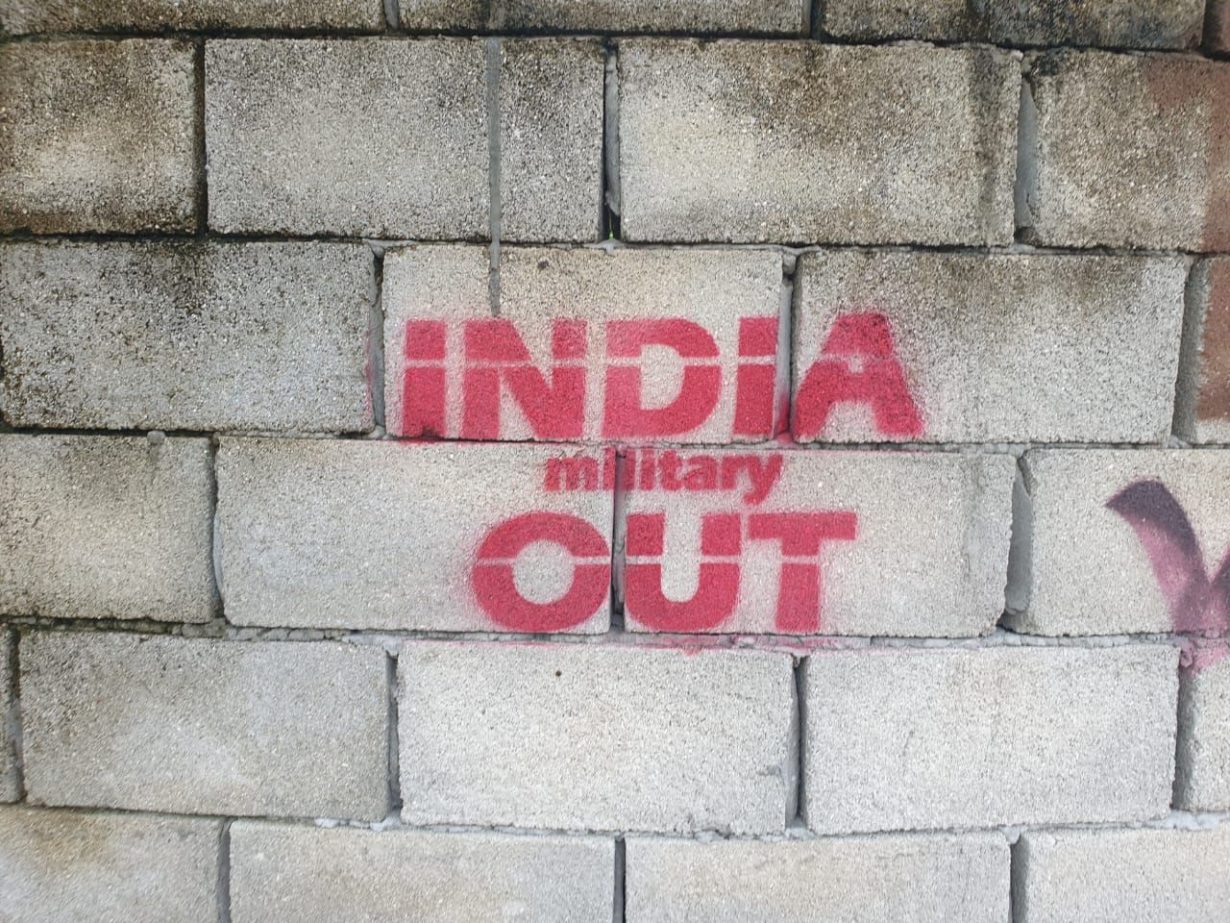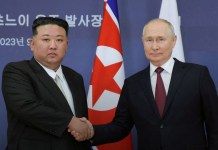On November 3, 1988, the predawn silence in Male, the capital of the remote Indian Ocean Archipelago Maldives, was broken by the sound of machine guns, rockets, and grenades.
The then-Maldivian President Maumoon Abdul Gayoom was the target of the deadly coup attempt. Panicked Gayoom sent an SOS to India, Sri Lanka, Pakistan, Malaysia, the United States, and the United Kingdom.
Only the Indian government stirred into action swiftly and launched Operation Cactus by ace pilots of the Indian Air Force (IAF) and daredevil paratroopers of the Indian Army to save the government.
Thirty-five years later, on November 18, 2023, the new President of Maldives, Mohammed Muizzu, formally asked the Indian government to withdraw Indian troops from Maldives.
President Muizzu could not have been more clinical in his attempt to sever long-standing military ties between the two countries. He made the formal request for Indian withdrawal when Earth Sciences Minister Kiren Rijiju, India’s representative at the swearing-in ceremony, called on him.
President Muizzu, his office said, “acknowledged the significant role” of two helicopters – and an aircraft provided by India to the Maldives National Defence Force (MNDF) – “in numerous emergency medical evacuations.” The Indian government has been hoping to find a “workable solution” to keep some assets to fight drug traffickers and piracy in the region.
Muizzu rode to power on an ‘India Out’ campaign and defeated President Ibu Solih, who was viewed as friendly to India. The newly-elected President is seen as a proxy of former President Abdulla Yameen, who had been pro-China during his stint between 2013 and 2018. On November 17, Mr. Muizzu set the stage for his message to India by announcing, “The country will not have any foreign military personnel in the Maldives.

A press release from the President’s Office of the Maldives announced: “At the meeting, President Muizzu had formally requested the Government of India to withdraw its military personnel from the Maldives. The President noted that at the Presidential Election held in September, the Maldivian people had given him a strong mandate to request India and expressed the hope that India will honor the democratic will of the people of the Maldives.”
Roughly seventy-five Indian military personnel are stationed in the Maldives. They are needed to operate two helicopters and a Dornier fixed-wing aircraft both furnished by India. India has been doing anti-piracy missions in the waters around Maldives since 2011.
Over the last five years, these Indian armed forces personnel posted in Maldives have carried out more than 500 medical evacuations, saving 523 Maldivian lives. Of these, 131 evacuations were carried out in 2023 alone.
Similarly, during the last five years, more than 450 multifaceted missions have been carried out to safeguard the maritime security of Maldives. Of these, 122 missions were carried out in 2022.
In May 2023, India handed over a fast patrol vessel along with a landing craft assault ship to the Maldivian National Defense Forces (MNDF). The patrol vessel, capable of coastal and offshore surveillance at high speeds, was commissioned as MNDF Coast Guard Ship Huravee. India has also been providing support in the maintenance and repair of the MNDF Coast Guard Fleet.
Given the maritime dominance in the India-Maldives relationship, the two countries had earlier signed an agreement to “develop, support, and maintain a Maldives National Defense Force Coast Guard Harbor” for enhanced maritime security cooperation in the region. The harbor will be developed at the Uthuru Thila Falhu naval base, and the Indian side has already submitted a Detailed Project Report (DPR) on its development.
India has also been the first responder for Maldives in any disaster scenario, including most recently during Covid. During the peak of the pandemic, India supplied 100,000 Covishield vaccines to Maldives.
The Maldives relies heavily on trilateral maritime security cooperation with India and Sri Lanka. The purpose of such collaboration is to counter common maritime security threats and challenges such as illicit trafficking, piracy, and illegal, unregulated (or unreported) fishing.
India also helped with recovery efforts after the major tsunami that struck the Maldives (and many other countries of South and Southeast Asia) in December 2004 and helped address more recent shortages of drinking water in 2014.
India vs China In Maldives
China has been ramping up its naval presence in the Indian Ocean, and the Maldives is no exception to it. The archipelagic nation known for its ultra-luxury resort villas is located 600 nautical miles southwest of India’s southern tip, and New Delhi considers it within its area of influence.
China is now the archipelago’s largest source of tourist traffic; it has funded large infrastructure projects on the islands, including a new 1,000-unit housing development; Chinese warships called at Male, the capital, for the first time in 2017; and China also became the Maldives’ first-ever free trade agreement partner.
Close commercial ties, followed by the Maldives joining China’s ambitious ‘Belt and Road” initiative, stirred unease in India.
In 2018, Maldives entered a constitutional crisis as then Maldivian president Abdulla Yameen arrested two out of five of the Supreme Court’s justices and declared martial law in the country. As the chances of the country spiraling down into a constitutional crisis grew, there were murmurs about whether India would interfere again to save democracy in the country.
Beijing, however, anticipated this possibility. Their state-aligned paper Global Times warned that “If India one-sidedly sends troops to the Maldives, China will take action to stop New Delhi.”
The island nations’ attempt to wean off India for help will push it to embrace China. And if the examples of Sri Lanka and Pakistan are anything to go by, the Maldives will be deeply indebted to China in the future. And it may eventually come under pressure from Beijing to give up large assets – like land or port facilities – in return for debt forgiveness.
- Ritu Sharma has been a journalist for over a decade, writing on defense, foreign affairs, and nuclear technology.
- She can be reached at ritu.sharma (at) mail.com
- Follow EurAsian Times on Google News




